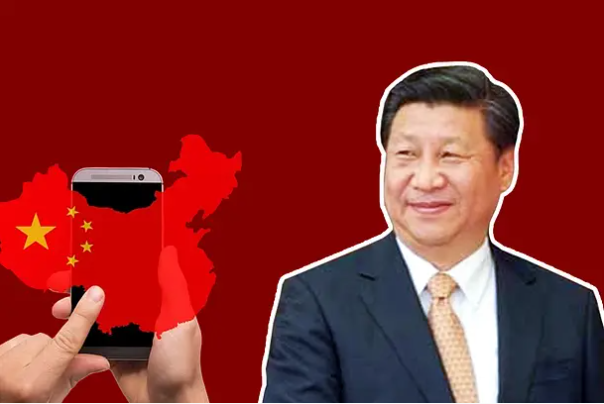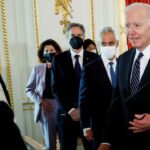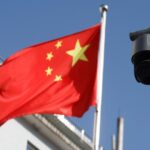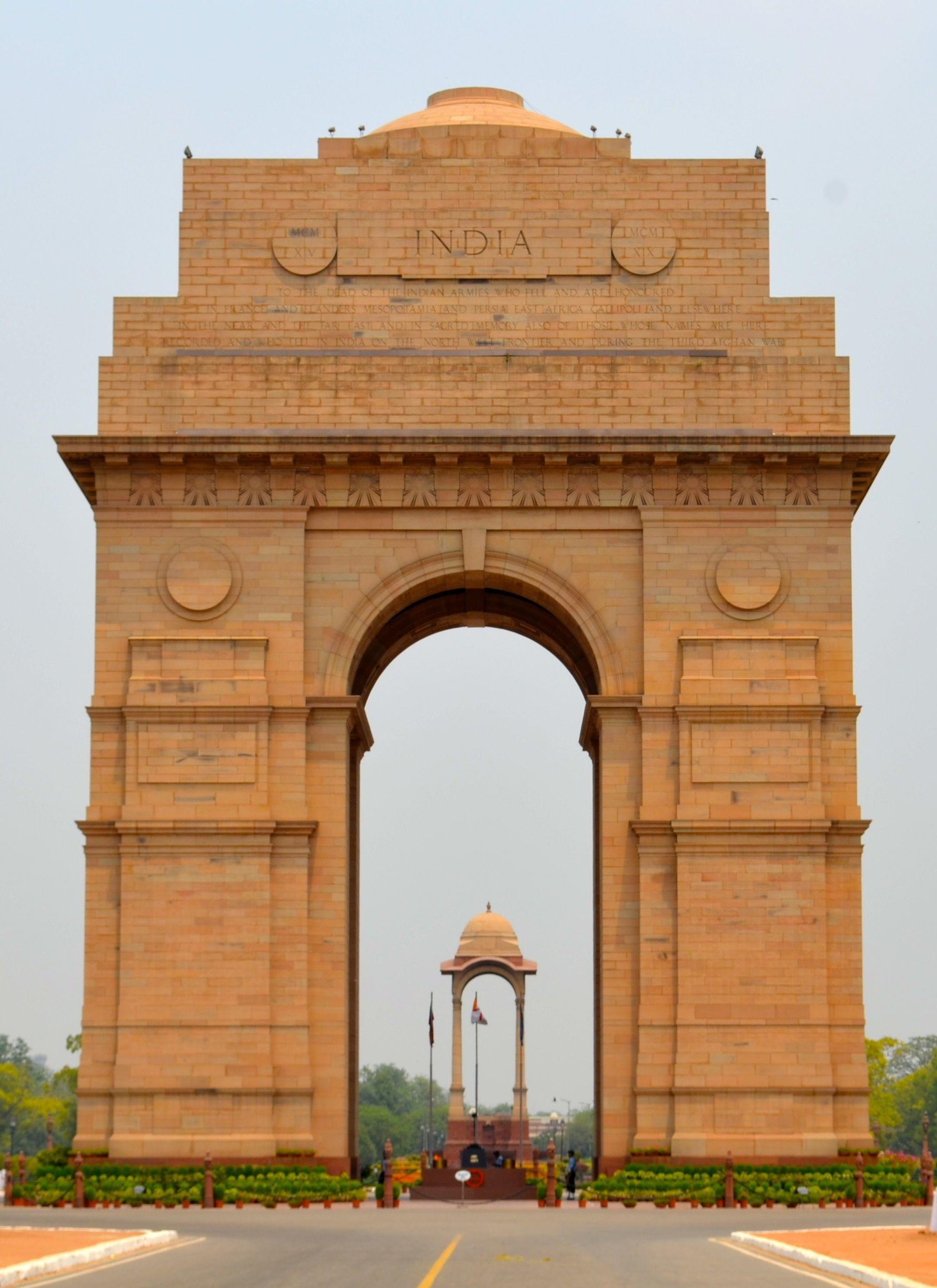
All eyes on Xi as the Chinese Communist Party’s congress begins
By Christian Shepherd and Lily Kuo October 16, 2022 at 12:23 a.m. EDT
Chinese leader Xi Jinping pledged Sunday to turn China into a “great modern socialist country” as he opened a meeting of the Communist Party where he is expected to secure a third term, upsetting the convention of top leaders stepping aside after a decade in power.Are you on Telegram? Subscribe to our channel for the latest updates on Russia’s war in Ukraine.
“From now, the core mission of the Chinese Communist Party is to unite and lead all peoples in the nation to build a great modern socialist nation,” Xi told the 2,340 senior party members assembled in the Great Hall of the People in Beijing for a twice-per-decade conclave.
Xi’s speech, which sets the national agenda for at least the next five years, emphasized the need of the party to “struggle” to make China great again. Already, China had created a “new choice” for the humanity by creating a unique form of government, Xi said.Story continues below advertisement
As the most powerful Chinese leader in decades, Xi has promoted his nationalist vision of a “Chinese dream” to reclaim the nation’s place at the center of global affairs. For China to become a military, economic and cultural power, Xi said, the party will need to navigate “changes unseen in a century” — implying that a steady hand at the top is critical for success.
When Xi took office in 2012, the smooth transfer of power indicated to some observers that China’s political system had evolved away from personal rule toward a system of regularized leadership transitions. But Xi defied expectations.
With unending anti-corruption campaigns and an emphasis on discipline, he took charge of the party. The rest of Chinese society was brought in line with security clampdowns that pushed human rights activists underground and crushed resistance in Hong Kong and the far western province of Xinjiang. Under his rule, international criticism of China has been met with fierce pushback from “wolf warrior” diplomats.Story continues below advertisement
The six-day gathering will conclude when delegates formally approve Xi’s report (with possible minor alterations), pass changes to the party constitution, and choose a new Central Committee, a 370-odd member decision-making body. The new committee then meets and appoints a new 25-member Politburo and the seven member Standing Committee, which is the real apex of power.
Xi is almost certain to be reinstated as general secretary and head of the party’s Central Military Commission, his two most important positions. (His expected continuation as China’s president — officially “state chairman” — will be confirmed next year by the legislature.)
Observers are watching who will be promoted to join him on the Politburo for any signs of challenges to Xi’s rule or an anointed successor. But after a decade of Xi concentrating power in his own hands, few consider either outcome probable. Term limits for the presidency were scrapped in 2018, clearing the way for Xi to rule for life if he so chooses.Story continues below advertisement
“Xi Jinping is aiming not just for a third term but for a fourth term as well,” said Willy Wo-Lap Lam, a senior fellow at the Jamestown Foundation. “He has 10 more years to choose his successor.”
Ahead of the opening day of the congress, China Central Television, the state broadcaster, released a series about Xi’s leadership with the title “navigator” — a phrase with echoes of the Mao Zedong’s “helmsman” appellation. One possible outcome of the meeting could be the restoration of the “central committee chairman” system used by Mao, or for Xi to take on an unofficial appellation such as “people’s leader” to indicate his unchallenged status.
Xi’s leadership style, characterized by a preference for splitting people into enemies and friends, means he is not someone who is willing to compromise, said Chien-Wen Kou, a political scientist at National Chengchi University in Taiwan. Textual analysis of Xi’s words over the years shows that he praises “struggle” and sees it as something to be valued. “This tells us how he thinks about dealing with enemies,” Kou said. “He essentially will not make a concession on his basic principles, whether for China-U.S. ties, relations with Taiwan or his approach to corrupt officials.”Story continues below advertisement
Even if there is resistance to Xi’s agenda, it is unlikely to appear during the carefully scripted congress. After months of closed-door negotiations between Xi and other top-ranking officials, the work report broadcasts policy prescriptions to the party’s rank-and-file. For the party, the choreographed process, culminating in a vote by show of hands to rubber-stamp the new agenda, is a way to bolster legitimacy in line with claims that China, too, is democratic.
Many of Xi’s most significant updates to China’s policy outlook took place at the last party congress in 2017, when he announced a “new era” and redefined the “principal contradiction” facing society from trying to produce more to ensuring that people had a better quality of life — a seismic shift in the party’s Marxist framework with wide-reaching ramifications for national priorities. In a meeting of the Politburo in August, top leaders said there will be continuity in promoting a program of “common prosperity,” strengthening the party at home and building a “shared future for humankind” abroad — all key Xi slogans.
But the congress adds urgency to Xi’s ambition at a time when China’s economy is slowing and Beijing faces renewed criticism from Western nations over aggression toward Taiwan and its close partnership with Russia. “Xi has tried to revive some Maoist policies for the economy,” such as focusing on state-owned enterprises, focusing on tackling inequality and creating a system of “internal circulation” as a way to prepare for decoupling from the United States and the West, said Lam.Story continues below advertisement
Under his predecessor, the party experimented with small reforms toward what it calls “intraparty democracy” by allowing a straw-poll by senior officials as a way of gauging support for various leaders to reach the Politburo and its Standing Committee.
Xi scrapped those reforms in 2017. Instead, he met with party elders one by one to gather recommendations, helping him prevent cliques forming that could challenge his power. “It’s another example of Xi Jinping’s paranoia,” said Susan Shirk, a scholar of Chinese politics at the University of California, San Diego.
Tighter control doesn’t necessarily mean Xi will get the outcomes he wants. In a recently published book, Shirk argues that Xi’s centralized power and top-down pressure on officials pushes cadres toward overenthusiastic praise and over-compliance on Xi’s objectives, which can lead to policy mistakes. “The bandwagoning of subordinates to prove loyalty and protect their own careers leads to overreach,” she said.
Shirk thinks Xi is unlikely to use his third term to change course. “He’s really boxed himself in to a tough next five years,” she said. “After the congress, subordinates will be all the more intimidated and fearful unless Xi diffuses his personal authority to share it with other senior leaders.”
Lyric Li in Seoul and Vic Chiang and Pei-Lin Wu in Taipei contributed to this report.0CommentsGift Article
- washingtonpost.com
- © 1996-2022 The Washington Post
- About The Post
- Contact the Newsroom
- Contact Customer Care
- Request a Correction
- Send a News Tip
- Report a Vulnerability
- Download the Washington Post App
- Policies & Standards
- Terms of Service
- Privacy Policy
- Cookie Settings
- Print Products Terms of Sale
- Digital Products Terms of Sale
- Submissions & Discussion Policy
- RSS Terms of Service
- Ad Choices


